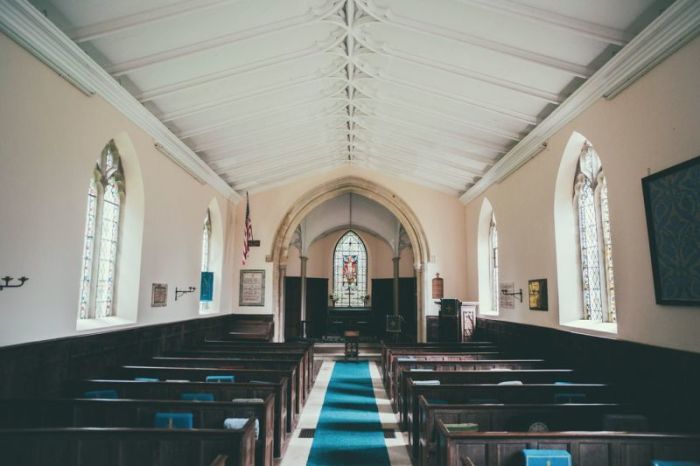Pastors feel greatest pressure to address, avoid divisive issues from inside the church: Barna

American pastors often feel the greatest pressure to either speak out on or avoid talking about divisive issues inside the church, according to a new report by the Barna Group.
In recent years, there has been considerable debate over the extent to which clergy can speak about political and social issues, especially on things like the federal Johnson Amendment, which prohibits churches from endorsing political candidates.
However, Barna released research on Tuesday which found that 50 percent of surveyed pastors felt either “frequently” or “occasionally” limited in their ability to speak out on certain issues, with respondents being more likely to identify those within the church as the reason.
Sixty-four percent of pastors said they felt “limited” in their ability to speak out on “moral and social issues” due to those within their congregations, while 69 percent reported feeling “pressured” to speak out on “moral and social issues” when they were “not comfortable discussing” them.
Further, the pressure to speak on certain controversial issues increased between 2014-2016, going from 44 percent to 69 percent.
“These hot-button issues run parallel with some of the most significant religious freedom issues of our day, including those related to the LGBT community, same-sex marriage rights, abortion, sexual morality and politics,” explained the report.
For their findings, Barna drew from multiple national public opinion surveys, including 1,608 clergy in 2014, 513 Protestant pastors in 2015 and 2016, and 601 Protestant pastors in 2017, with a sampling error ranging from 2.2 percent to 3.9 percent.
Roxanne Stone, Barna’s editor in chief, said in a statement that the data indicates that “the squeeze comes from all sides.”
“The pressure for leaders and especially faith leaders to satisfy everyone on all sides, and to avoid offense, is very real today, especially in the digital era,” stated Stone.
“As the research reveals, the issues pastors feel most pressured to speak out on are the same ones they feel limited to talk about. In other words, the squeeze comes from all sides: those demanding that the church take a stand and those outraged when it does (or outraged when that stance is other than what they’d hoped).”
The research came from a new Barna report titled Faith Leadership in a Divided Culture, which looked at four years of data on the issue of clergy and religious freedom.
The report also showed that 53 percent of clergy believe it is part of their role to help Christians understand their responsibility to vote on specific issues and 21 percent agree that it is part of their job to help Christians understand why they should vote for or against specific candidates.
Ninety percent say it is a major part of their role to help Christians have biblical beliefs about specific social issues and 72 percent believe helping Christians think well about culture in general is a major part of their job.
Last year, Political Research Quarterly published a study which found that in states where the Christian Right was publicly active, the rate of religiously unaffiliated people increased.
The study used data from the Cooperative Congressional Election Study as well as expert reports and counts of interest groups, centered on the time period of 2000-2010.
The researchers noted that, for example, during debates over state-level gay marriage legalization, religious disaffiliation increased in the states that enacted bans.
The research drew a parallel to Religious Left activism in the 1960s, as many mainline Protestant churches suffered membership loss due to their outspoken support for civil rights.
"Clergy involvement in the civil rights and antiwar movements precipitated losses in lay membership. For instance, one survey found that nearly two-thirds (63 percent) of church leaders who participated in acts of antiwar civil disobedience reported that their churches had subsequently lost members," explained the 2018 study.




























